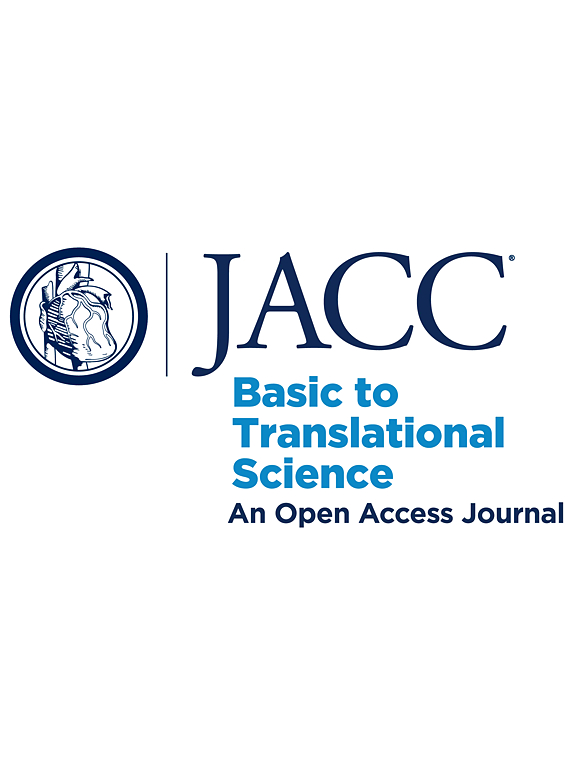Atheroprotective Immunity and Interleukin-10 Linked to Reduced Characteristics of Plaque Stability
IF 8.4
1区 医学
Q1 CARDIAC & CARDIOVASCULAR SYSTEMS
引用次数: 0
Abstract
Autoimmunity to low-density lipoprotein (LDL) is linked to atherosclerosis, with LDL immunization proposed as a preventive measure, but the mechanisms of atheroprotective immunity are not well understood. We investigated T-cell responses to LDL using 2 T-cell receptor transgenic mouse strains. At 52 weeks, BT1×HuBL mice showed reduced atherosclerosis, increased humoral responses against LDL, and lower plasma cholesterol. Conversely, BT3×HuBL mice had reduced atherosclerosis without changes in cholesterol, linked to increased type 1 regulatory T cells, interleukin (IL)-10 production, and decreased characteristics of plaque stability. In human plaques, IL10 mRNA negatively correlated with collagen content, and IL-10 inhibited collagen production in vitro. We conclude that atheroprotective LDL immunity elicits 2 distinct pathways: lipid-lowering immune responses and local anti-inflammatory IL-10 production. Because IL-10 is associated with decreased plaque stability and increased risk of cardiovascular events, treatments aimed at promoting IL-10 signaling over extended periods to reduce vascular inflammation should be carefully monitored.
动脉粥样硬化保护性免疫和白细胞介素-10与斑块稳定性降低有关
对低密度脂蛋白(LDL)的自身免疫与动脉粥样硬化有关,低密度脂蛋白免疫被认为是一种预防措施,但动脉粥样硬化保护性免疫的机制尚不清楚。我们使用2 t细胞受体转基因小鼠品系研究了t细胞对LDL的反应。在52周时,BT1×HuBL小鼠显示动脉粥样硬化减少,对LDL的体液反应增加,血浆胆固醇降低。相反,BT3×HuBL小鼠的动脉粥样硬化减少,而胆固醇没有变化,这与1型调节性T细胞、白细胞介素(IL)-10的产生增加和斑块稳定性特征降低有关。在人类斑块中,IL-10 mRNA与胶原含量呈负相关,IL-10在体外抑制胶原生成。我们得出结论,动脉粥样硬化保护性LDL免疫引发2种不同的途径:降脂免疫反应和局部抗炎IL-10的产生。由于IL-10与斑块稳定性降低和心血管事件风险增加有关,因此应仔细监测旨在长期促进IL-10信号传导以减少血管炎症的治疗。
本文章由计算机程序翻译,如有差异,请以英文原文为准。
求助全文
约1分钟内获得全文
求助全文
来源期刊

JACC: Basic to Translational Science
CARDIAC & CARDIOVASCULAR SYSTEMS-
CiteScore
14.20
自引率
1.00%
发文量
161
审稿时长
16 weeks
期刊介绍:
JACC: Basic to Translational Science is an open access journal that is part of the renowned Journal of the American College of Cardiology (JACC). It focuses on advancing the field of Translational Cardiovascular Medicine and aims to accelerate the translation of new scientific discoveries into therapies that improve outcomes for patients with or at risk for Cardiovascular Disease. The journal covers thematic areas such as pre-clinical research, clinical trials, personalized medicine, novel drugs, devices, and biologics, proteomics, genomics, and metabolomics, as well as early phase clinical trial methodology.
 求助内容:
求助内容: 应助结果提醒方式:
应助结果提醒方式:


